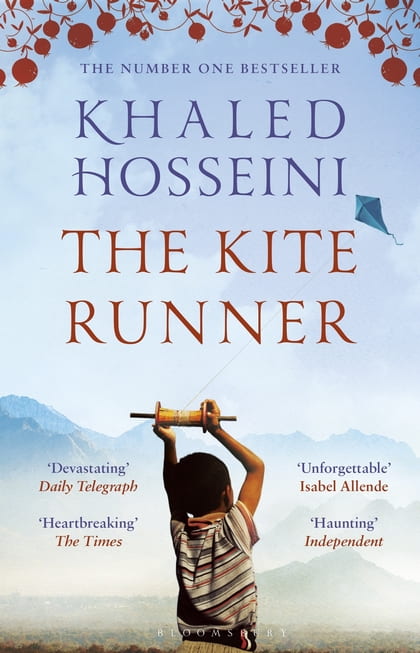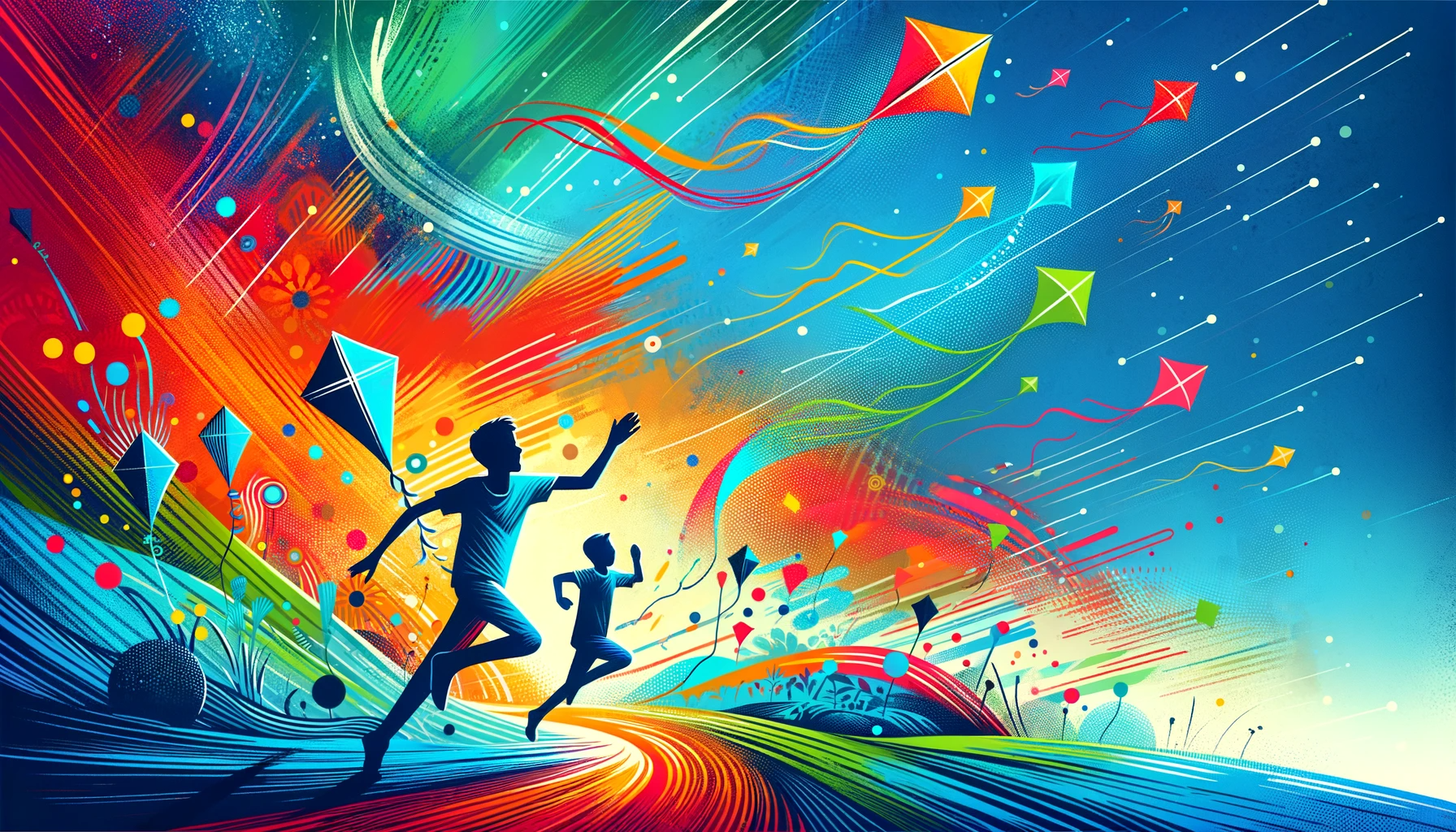As I ended the last sentence in Khaled Hosseini’s “The Kite Runner” a few years ago. I couldn’t help but feel a little bit sad. Not because the book was ending but rather because the ending was not really what I expected.
The book tells the story of an unlikely friendship between a wealthy Afghan boy, named Amir, and Hassan, the son of his father’s servant — who he later finds out, after Hassan’s death, has always been his half-brother.
The novel is set in Kabul, Afghanistan during the Soviet invasion in 1978, and depicts life in a nation that is in the process of being ravaged and destroyed. It is about the harshness of violence and rape; the power of education; the price of betrayal and the struggle for redemption; and the power fathers have over their sons.
In this magnificent book that I will never be able to forget there lies a lesson as profound as it is poignant. This isn’t just a story of friendship and betrayal, of love and loss. It’s a narrative that unfurls the profound truth about redemption and the power of confronting our past.
Amir, the protagonist, teaches us about the weight of unspoken words and the scars of unsung actions. No spoilers but there are so many things he could have said that were never said which will hunt him for the rest of his life.
His journey, scared by a childhood mistake, is not just a plotline but a mirror reflecting the struggles we all face in seeking forgiveness – not just from others, but crucially, from ourselves.
In a witty twist of fate, Hosseini doesn’t hand us a tale where the hero triumphs by default. Instead, he gives us a character flawed, broken, and utterly human. Amir’s road to redemption is neither straight nor smooth. It’s a path filled with thorns of regret and stones of hard truths. But here’s where the magic lies – it’s real, it’s relatable, and it resonates.
What makes “The Kite Runner” a tome of life lessons is not its portrayal of an ideal world, but its unflinching honesty in showcasing a real one. It reminds me at the time that the past may dictate who we are, but we get to decide who we become.
This message struck a chord deep within my soul. I was just young and all I knew about life was merely what I had experienced which wasn’t much. I never had the time to actually sit and think of who I wanted to become.
I felt like I did not want to live a life where I had many things unsaid and many things undone. As Oscar Wilde said, at that moment I did not want to exist. I wanted to Live! I did not want to be Amir I wanted to be able to live a life where there wasn’t much regret for the things I did not do.
I remember that at that moment I started to unconsciously do everything I feared doing just because I was scared.
The book’s most significant lesson, the magnum opus (the great work) of its narrative, is about the power of forgiveness and redemption. Hosseini crafts a world where forgiveness is not just an act of grace towards others, but a vital step towards self-healing. Amir’s quest for redemption is not just about making amends with his childhood friend Hassan or rectifying his past wrongs; it’s about finding peace within himself.
The kite, a recurring motif in the novel, symbolizes not just childhood innocence but also the potential for soaring above one’s regrets and fears. Just like a kite, which needs the right wind to fly, our lives need the breeze of forgiveness or courage to ascend above the ground of guilt and remorse or maybe and just maybe that fear that is holding us back.



